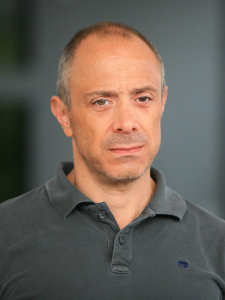Russian President Vladimir Putin has turned his country into an authoritarian state working to fundamentally revise the international order that has reigned for decades, exemplified by revanchist campaigns like his war on Ukraine. The United States and its allies have struggled to manage and counter the threat this poses, and relations with Russia have deteriorated to their lowest point in decades. The Atlantic Council’s Eurasia Center and Scowcroft Center for Strategy and Security are pleased to launch this new Atlantic Council Strategy Paper by Ambassador John E. Herbst, Dr. Anders Åslund, David J. Kramer, Ambassador Alexander Vershbow, and Brian Whitmore, which lays out a vision for how the United States and its partners can counter the Kremlin’s aggressive policies abroad while laying the groundwork for what could one day be a mutually beneficial relationship with a Russia that respects the rule of law and international norms.
The Atlantic Council’s Global Strategy Series spotlights the greatest foreign policy challenges facing the transatlantic community. As the Kremlin’s war in Ukraine threatens to ignite the largest conflict seen in Europe since World War II, it has never been more urgent for the United States and its allies to develop a coherent long-term strategy for Russia.
Maria Logan of the Future of Russia Foundation provides welcome remarks. Damon Wilson, president and CEO of the National Endowment for Democracy, frames the discussion of this strategy. Ambassador John E. Herbst, senior director of the Atlantic Council’s Eurasia Center and lead author of paper outlines the key elements of the strategy. Melinda Haring, deputy director of the Atlantic Council’s Eurasia Center, moderates a discussion with Herbst, Stephen E. Biegun, former US deputy secretary of state, Dr. Evelyn Farkas, former US deputy assistant secretary of defense for Russia, Ukraine, and Eurasia, and Vladimir Milov, Russian opposition politician.




